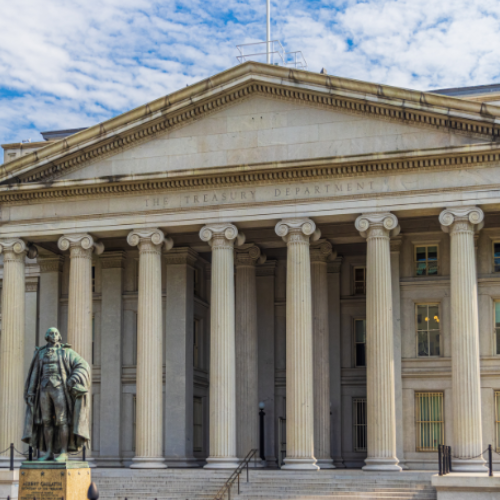The United States government has taken significant action against individuals and businesses linked to the Sinaloa Cartel, one of the world’s most notorious drug trafficking organizations. On Monday, the U.S. Treasury Department imposed sanctions on six individuals and seven companies for allegedly aiding the cartel in laundering money.
The goal of these sanctions is to disrupt the financial operations that sustain the cartel’s criminal activities, including its involvement in the trafficking of fentanyl, a dangerous drug responsible for many overdose deaths in the United States.
Disrupting the Sinaloa Cartel’s Financial Network
The Sinaloa Cartel is known for its involvement in smuggling illegal drugs into the United States, including fentanyl, cocaine, and heroin. With billions of dollars flowing through its operations, the cartel relies heavily on money laundering schemes to disguise the illicit origins of its wealth. This process enables the cartel to continue funding its criminal activities, which include not only drug trafficking but also violence, corruption, and other illegal enterprises.
The U.S. government’s sanctions target the financial facilitators who help the cartel move and hide its drug profits. The U.S. Department of the Treasury’s Office of Foreign Assets Control (OFAC) is responsible for imposing these sanctions, which make it illegal for U.S. individuals or businesses to conduct any transactions with the designated individuals or companies. This step also freezes the assets of those involved, disrupting the cartel’s ability to operate financially.
Hezbollah’s Money Network Under Siege as US Imposes Fresh Sanctions
Key Figures and Their Roles in the Laundering Operations
The six individuals sanctioned by the U.S. Treasury are accused of running complex money laundering operations. These individuals helped the Sinaloa Cartel by moving illicit funds across the U.S.-Mexico border and using front companies to hide the source of the money.
Enrique Dann Esparragoza Rosas is one of the key figures, operating a money laundering network in Mexicali, Mexico. Esparragoza is accused of using currency exchange businesses to transfer illicit money from the United States into Mexico. His network allegedly laundered millions of dollars for members of the Sinaloa Cartel, including the sons of Joaquín “El Chapo” Guzmán.
Alan Viramontes Sesteaga, another sanctioned individual, is said to have worked closely with the cartel, using straw businesses and coordinating large bulk cash pickups. Viramontes is also linked to Ivan Archivaldo Guzmán Salazar, a prominent member of the cartel.
Salvador Diaz Rodriguez and Israel Daniel Paez Vargas, both based in Mexicali, are accused of supporting the Sinaloa Cartel’s financial operations. Diaz is also believed to be involved in enforcing the cartel’s control over local criminal activities, using violence to collect illegal “taxes” from businesses. Paez, on the other hand, is tied to Alberto David Benguiat Jimenez’s money laundering network.
Trump Furious at Putin’s Ukraine Remarks, Threatens Economic Sanctions
Benguiat, who operates in Mexico City, is alleged to have moved over $50 million in illicit funds on behalf of the cartel. His network, which includes Christian Noe Amador Valenzuela, used shell companies to obscure the true origins of the money.
Impact of the Sanctions
The sanctions serve as a powerful tool for the U.S. government to disrupt the financial infrastructure supporting the Sinaloa Cartel. By freezing the assets of the designated individuals and companies, the U.S. aims to make it more difficult for the cartel to continue its operations. U.S. law now prohibits any transactions involving the sanctioned entities, and violations of these sanctions can lead to severe civil and criminal penalties.
Desperate Moves: Mexico’s High-Stakes Battle to Avoid U.S. Tariffs
These actions are part of a broader effort to target the financial aspects of drug cartels, which are crucial to their operations. Without access to financial systems, it becomes much harder for these organizations to fund their illegal activities, whether it’s drug trafficking, smuggling, or other criminal endeavors.
This is not the first time the U.S. has acted against the Sinaloa Cartel. Over the years, the U.S. Treasury has sanctioned many individuals and entities linked to the cartel’s money laundering activities. These ongoing efforts reflect the U.S. government’s commitment to combating the global drug trade and the violence that comes with it.


